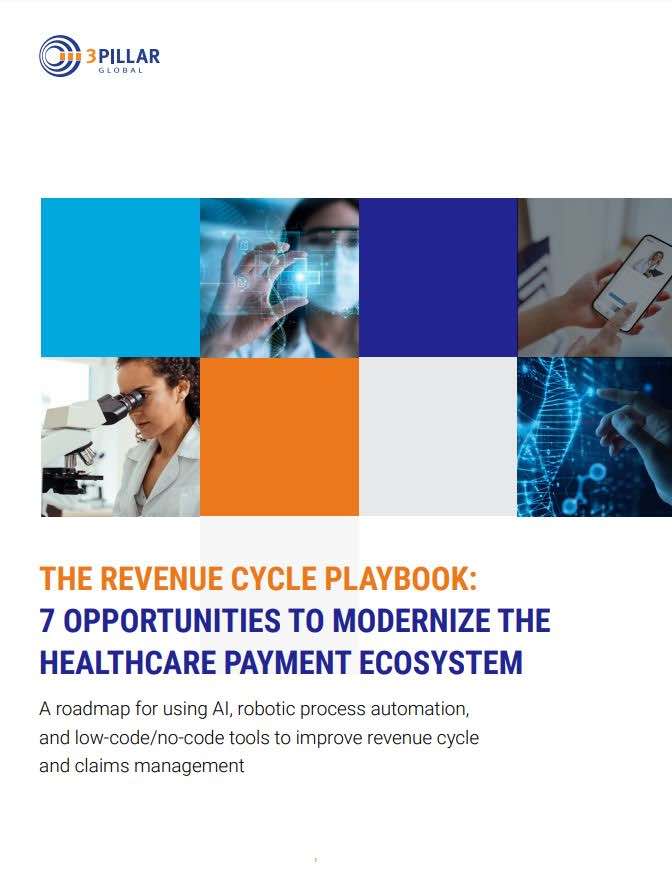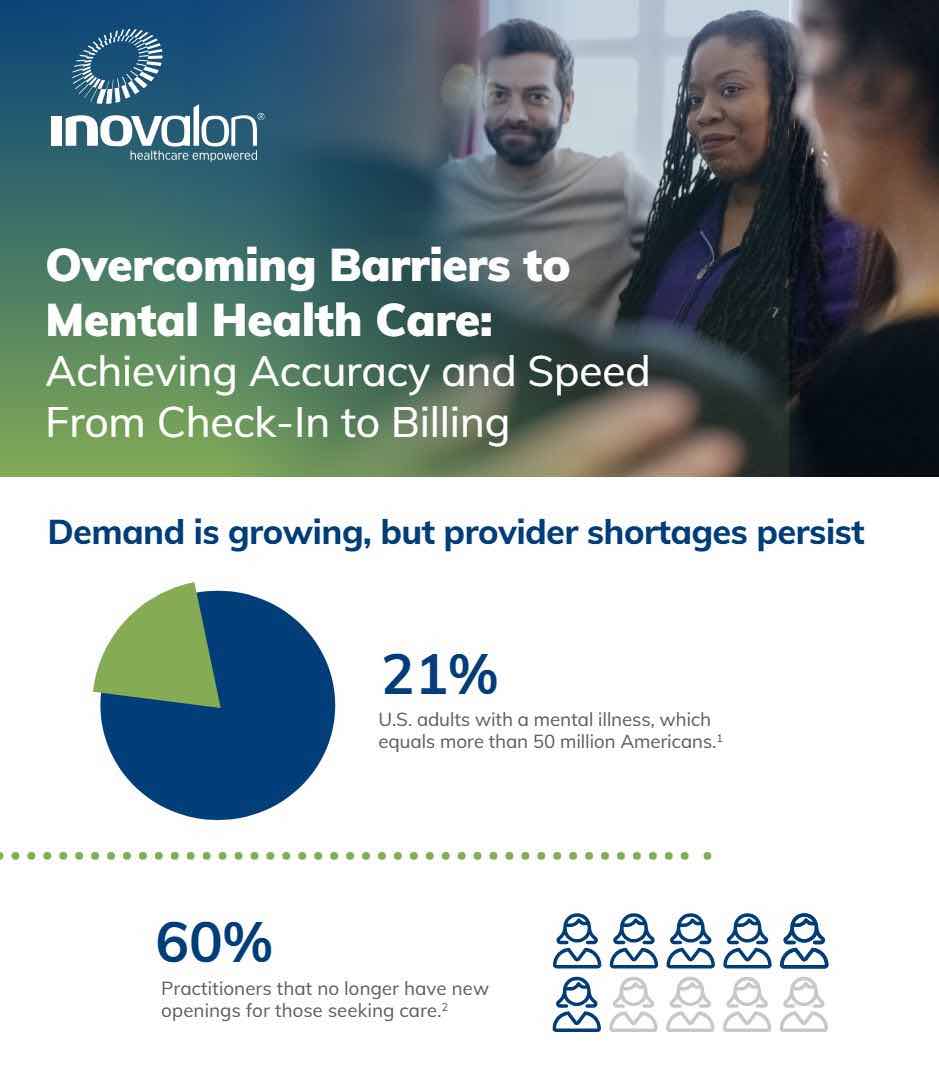Financial/Revenue Cycle Management
Dugan Winkie, head of Commercial Strategy at Cedar, describes how virtual AI agent Anna offers consumers a safe space to ask questions and make payments.
Inefficiencies in submitting and paying claims, compounded by legacy IT architectures, result in growing administrative spending and healthcare costs.
The Barcelona-based venture firm will use its recent haul of €180 million ($200 million) to invest in healthcare technologies worldwide, says Maite Malet, its director of investments and corporate development, who explains how and where.
In what it's calling "one of the most ambitious initiatives in its 250-year history," NewYork-Presbyterian has launched a new $2 billion capital campaign that has advanced technologies and digital transformation as core goals.
WHY IT MATTERS
With its For Every Future initiative, NYP hopes to raise that sum by the end of 2028 as it aims to capitalize on a "pivotal moment in medicine, with artificial intelligence and new technologies pushing the boundaries of what's possible, from catching heart failure before it happens to detecting cancer earlier."
Additionally, the big-ticket capital campaign will be targeted toward "transformative" new clinical spaces at the NewYork-Presbyterian/Columbia University Irving Medical Center, the health system says, and a "state-of-the-art" ambulatory space in nearby White Plains.
The goal is to invest heavily in "talent and technology to bring the healthcare of the future to the present," according to NewYork-Presbyterian, with equity and health justice as lodestars, clinical leaders say.
"NewYork-Presbyterian is a leader in health care that combines clinical talent and technology to improve patients' lives," said Dr. Deepa Kumaraiah, senior vice president and chief medical officer at NewYork-Presbyterian. "With outstanding teams committed to health equity, we continue to improve outcomes, enhance access and reduce health disparities."
THE LARGER TREND
The health system – which comprises 10 hospitals and some 200 primary and specialty care clinics across the metro region – has been a leader in IT-enabled care, such as with its community-focused telehealth and advanced virtual care services.
Over the years, Healthcare IT News has offered many case studies and features exploring the health system's leading edge technology, from an AI command center to on-demand digital health services, and from AI-enabled analytics to combat the opioid crisis to centralized teletracking for data automation.
ON THE RECORD
"NewYork-Presbyterian is transforming the way health care is delivered, leveraging technology to put patients' needs first and expand access to exceptional care," said Dr. Steven J. Corwin, president and chief executive officer of NewYork-Presbyterian. "Every day, we are advancing research and treatments that will change lives and shape the future of medicine."
"NewYork-Presbyterian is at the forefront of health care's future," said Jerry Speyer, cochair of NewYork-Presbyterian Hospital's Board of Trustees. "Our teams are using new technologies to advance how we prevent, diagnose, and treat disease. We bring that great care to all patients who come to us."
Mike Miliard is executive editor of Healthcare IT News
Email the writer: mike.miliard@himssmedia.com
Healthcare IT News is a HIMSS publication.
AKASA cofounder and CEO Malinka Walaliyadde says automation has helped the revenue cycle company find a return of $1.5 million in recovered additional revenue per each $1 billion of total patient revenue.
Success Stories & ROI
With automation, turnaround times are now 40-45 days – way down from 90-120, previously. And before the tools were in place, the team was credentialing eight applicants per month – now that number is 35.
BRIDGE – Blueprint for Resilient Integration and Deployment of Guided Excellence – is meant to be an "evidence-based framework that health systems can rely on to not just adopt AI but to help scale it across their operations."
Although Medicaid is the single largest payer for mental health services, states’ disenrollments and changes to Medicaid managed care programs complicate the billing and claims process further.
Reimbursement requirements for mental and behavioral health services have become more complex, leaving many providers struggling to balance the priority of the patient experience and financial stability.
If mental and behavioral health patients don’t present insurance information during intake, Medicare or Medicaid may be billed when a patient is actually covered under a managed care organization or Medicare Advantage plan.








